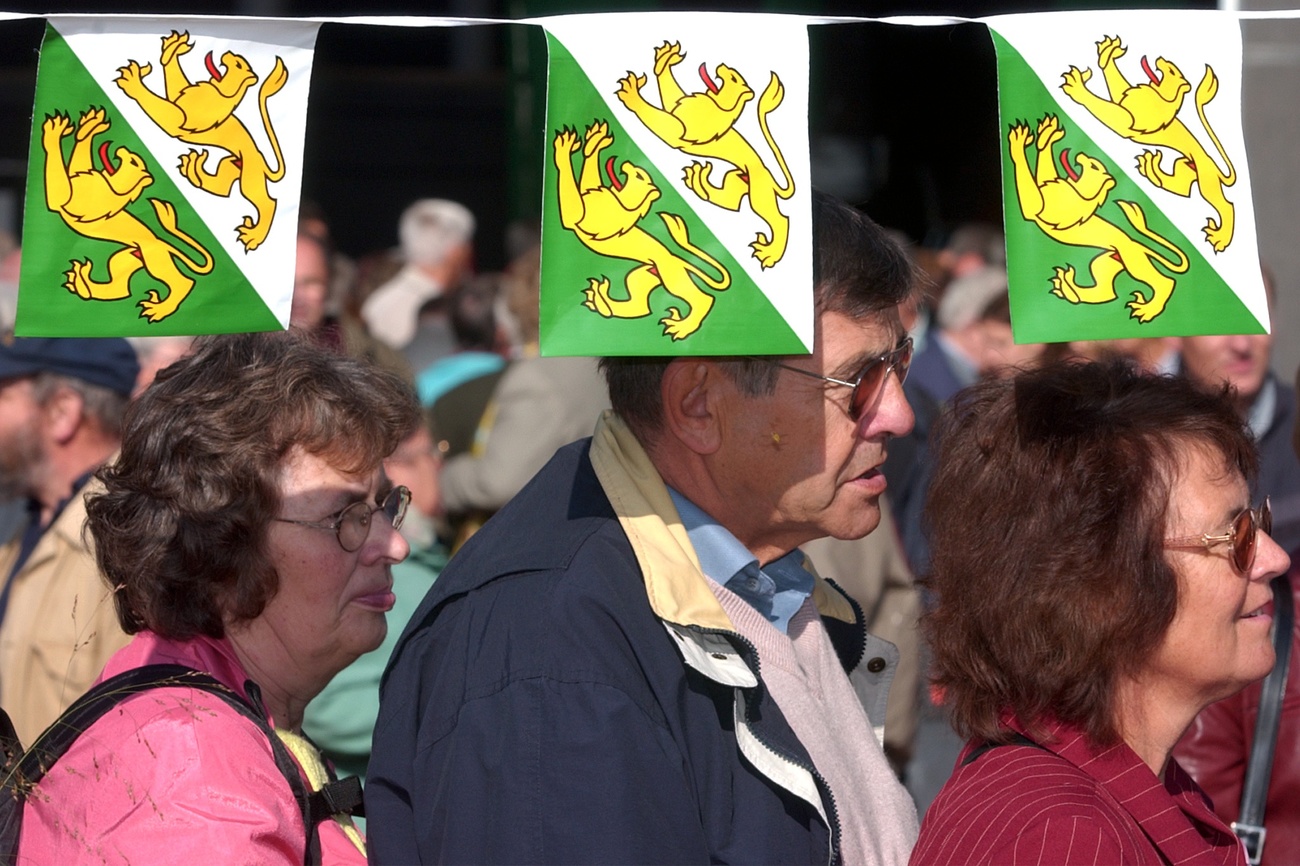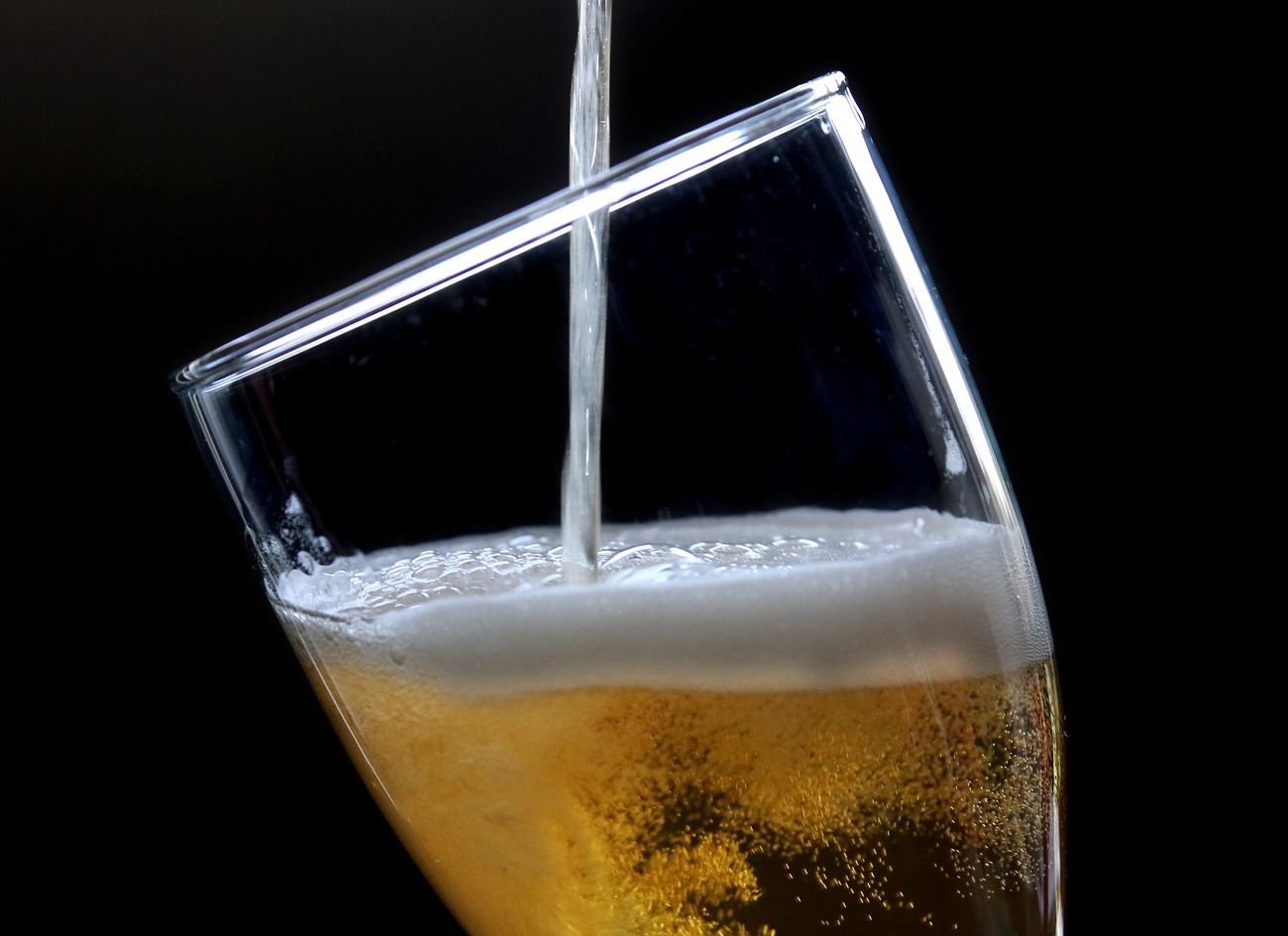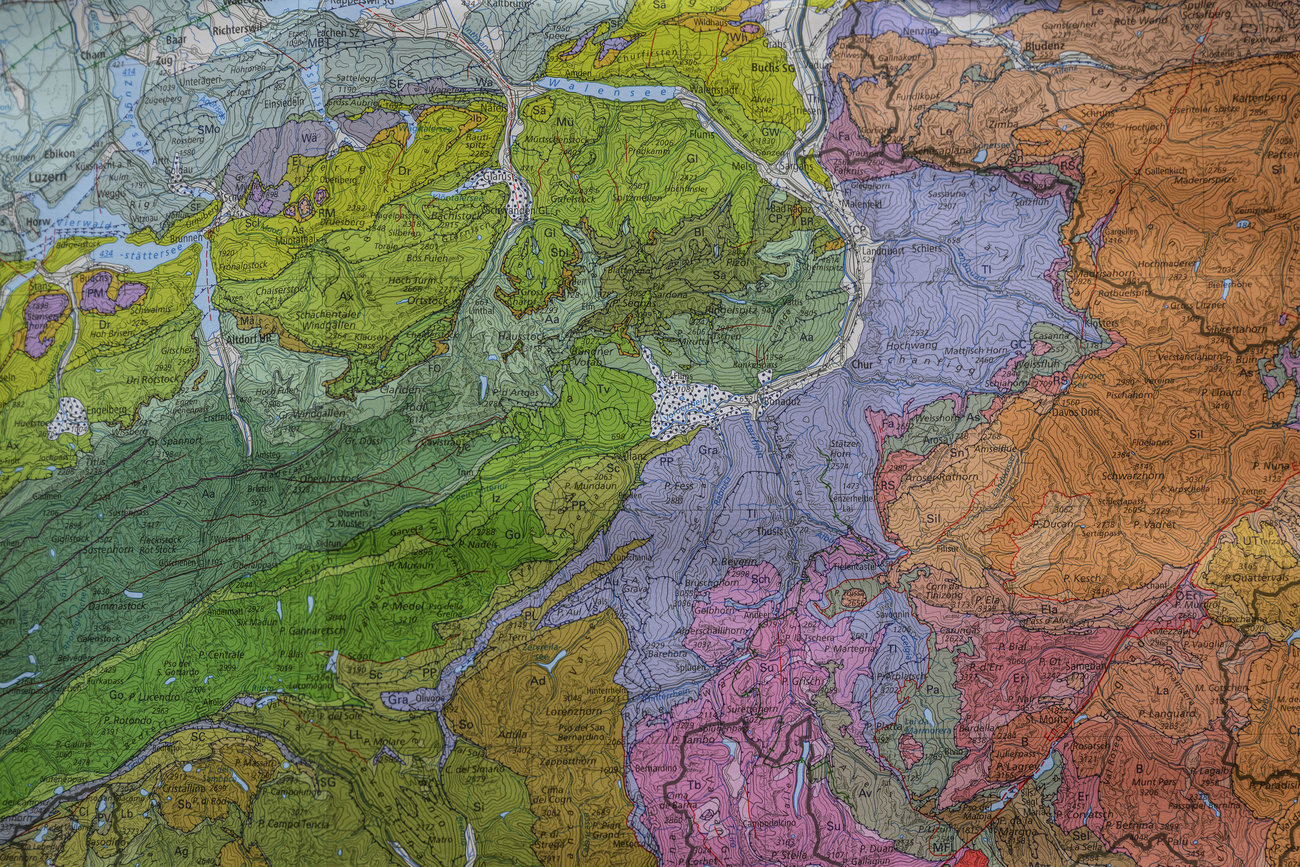

Switzerland Today
Dear Swiss Abroad,
It may be the day after Trump's victory but the Swiss media remains focused on the US election outcome.
In today’s briefing, however, I also want to turn to other topics, such as your voting rights, dear Swiss Abroad.
I hope you enjoy the read!

What does the US presidential election mean for Switzerland? Analysis by political expert Michael Hermann
Many in Switzerland were taken aback yesterday morning as the US election results appeared on their screens. “According to surveys, a large majority of the Swiss population is opposed to Trump,” says political expert Michael Hermann in an interview with CH Media on Watson.ch. The shock is notable, though perhaps less severe than it was eight years ago.
Hermann suggests that Donald Trump’s election victory could influence Switzerland’s political culture. In a country where democracy is central to its identity, Trump’s authoritarian tendencies are concerning. The populism Trump represents could also gain traction in Europe and Switzerland.
Trump’s election could significantly impact Swiss economic and security policies. Hermann warns that Trump’s erratic behaviour may lead to unpredictable economic decisions, especially now, with more political power than in 2016. On the issue of Ukraine, Trump’s policies might embolden Russia’s advances, potentially affecting Switzerland through a rise in refugee numbers.
- Full interview on Watson.chExternal link (in German)

Swiss Abroad in canton Thurgau: voting rights remain limited
Swiss citizens registered in canton Thurgau and living abroad can vote to elect members of the House of Representatives elections but not senators. Barbara Dätwyler Weber (Social Democratic Party) criticised this inequality and proposed that Swiss citizens abroad be granted voting rights for Senate elections as well.
In canton Thurgau, 5,100 Swiss citizens abroad are registered to vote. However, the cantonal government argues that extending voting rights would require changes in other cantonal elections, a step deemed impractical.
Half of the Swiss cantons do not allow citizens living abroad to vote for cantonal representatives to the Senate. In the debate, some argued that the Swiss Abroad may have limited understanding of cantonal issues. The Swiss People’s Party, Radical-Liberal Party and The Centre/ Evangelical People’s Party opposed the motion, while the Greens, Liberal Greens and Social Democrats supported it, calling the current rule outdated. Ultimately, the motion was rejected, with 78 votes against and 39 in favour.
- Article from 2023 in the Aargauer ZeitungExternal link and article from the Thurgauer ZeitungExternal link (articles in German and behind a paywall)
More

Switzerland facing a potential labour shortage
A new study suggests that Switzerland could experience a severe shortfall in full-time workers by 2035, due to the retirement of the baby boomer generation and smaller subsequent generations.
A study by the Swiss Employers’ Association (SAV) and EconomiesuisseExternal link projects that without immigration, around 460,000 full-time jobs could be lost by 2035, leading to a significant skilled labour shortage and potential economic challenges.
To address this, the associations propose increasing immigration and expanding domestic workforce participation, particularly among women and older individuals. Tax incentives could encourage additional employment within these groups, while increased productivity might reduce the need for new workers.
- Here is the article in the NZZExternal link in German (Paywall).

University Hospital Basel’s study: beer to combat delirium?
Have you ever woken up after surgery feeling disoriented? This condition, known as delirium, can cause severe cognitive disarray. Early detection is essential, as delirium kills brain cells, especially in people over 65 or in children.
The University Hospital Basel is conducting a unique study to prevent delirium. Patients in intensive care are being given half a litre of wheat beer through a gastric tube every evening for six days, while other patients receive only water, allowing for comparison between groups.
Martin Siegemund, head of intensive care at the hospital, explains that for many people, a small amount of alcohol each evening is routine. Without it, susceptibility to delirium may increase. However, administering alcohol to patients who are partially unconscious also has its risks.
- Full article on Swiss public television, SRFExternal link (in German)

Picture of the Day
Switzerland’s national mapping agency Swisstopo has released a new tectonic map at a 1:500,000 scale, revealing Switzerland’s geological structure and surrounding regions in detail.
This edition, for the first time with an English-language explanation, provides an overview of geological units, including the newly highlighted Lepontic and Salassic regions. A digital versionExternal link allows for an even deeper look into Switzerland’s geological mysteries and contexts.

In compliance with the JTI standards
More: SWI swissinfo.ch certified by the Journalism Trust Initiative





























